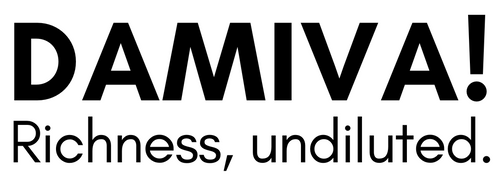I’m 40 and Peri-Menopausal? Really?

Definitions and Explanations of Peri-menopause
I was 43 before I discovered that I had been in peri-menopause for 3 years. Now I’m 46 and I am really beginning to feel the effects. My hormones change every day.
This is one of the most important periods in my life because my adjustment to my declining hormones in peri-menopause will determine the next 30 years that I spend in menopause. It’s the reversal of puberty in our 40s. Great. Just when I thought I had it all figured out, my hormones are reversing.
Peri-menopause is the term used to define the 10 years before a woman enters into menopause. As menopause typically starts at age 50, most women will start peri-menopause at age 40. Early menopause is considered as menopause occurring before age 40.
What happens during menopause exactly? Our hormone production – especially the female hormones progesterone and estrogen – begin declining and fluctuating as our ovaries start to shut down. It may be surprising that our ovaries make the “male” hormone testosterone too.

Menopause signals the complete shut-down of the ovaries and a loss of important hormonal production. Our adrenal glands take up the slack from the ovaries and therefore, peri-menopause is a critical time during which women need to support their adrenal function. If there’s one thing that women can do in our 40s, it is taking supplements to take the load off our adrenals.
The standard definition of peri-menopause includes changes in periods – including lengthening or shortening or increased, heavier flow. This is not always the case. Although some women do see changes in their menstrual cycle, many have only bodily changes (acne, fatigue, moodiness, breast soreness, vaginal dryness) and therefore don’t think about being in peri-menopause. Some women also attribute a missed period to stress, thyroid function or pregnancy, instead of menopause.
Peri-menopause does not mean a steady decline in our hormones. Each women is different. Estrogen levels in early peri-menopause can even be higher, rather than lower, and are variable and unpredictable. Progesterone – the nurturing, love hormone – is often lower. Testosterone – the libido and aggression hormone – also can both elevate and decline. This “fluxing” of hormones hitting both highs and lows causes women to feel more “hormonal.” Over time, overall hormonal production goes down.


Once we start having irregular cycles, we are in peri-menopause. After missing a complete cycle or going 60 days from day 1 of your cycle to the next cycle, a woman is in late peri-menopause. During this time, which ranges from 2 to 5 years, a woman’s period will be irregular in terms of length, flow, and there will be missed periods. After we have gone a year without a period, we are “clinically” or “officially” menopausal.
The clinical definition of menopause is imperfect and only 10% of women with menopausal symptoms actually have 12 months without a period. Along the way toward menopause and after, women will have symptoms such as vaginal dryness, fatigue, insomnia, and night sweats due to hormonal decline and fluctuation.
This is an important time of change for our bodies and minds and we need to adapt fairly quickly. The better informed we are, the more we can be prepared. Peri-menopause means that our hormones are fluctuating and, overall, declining. Menopause means that our ovaries have stopped making key hormones.
Keeping track of my changes to see what’s happening to me and being aware makes a huge difference in how I feel. Peri-menopause so far has been good to me. A greater self-awareness of my bodily changes allows me to adapt every day. I have cut down carbohydrates, increased my vegetable and supplements intake. I’m thriving in a new career in which I have so many new experiences and my business judgement is better than ever. I do have to work hard when my progesterone is low, right before my period starts, to make sure that I don’t snap at everyone around me. It’s an adjustment and, with greater self-awareness and awareness by my loved ones, I will sail through it with flying colours.
Scientific article:
http://www.cemcor.ca/resources/midlife-muddle-own-power-naming


